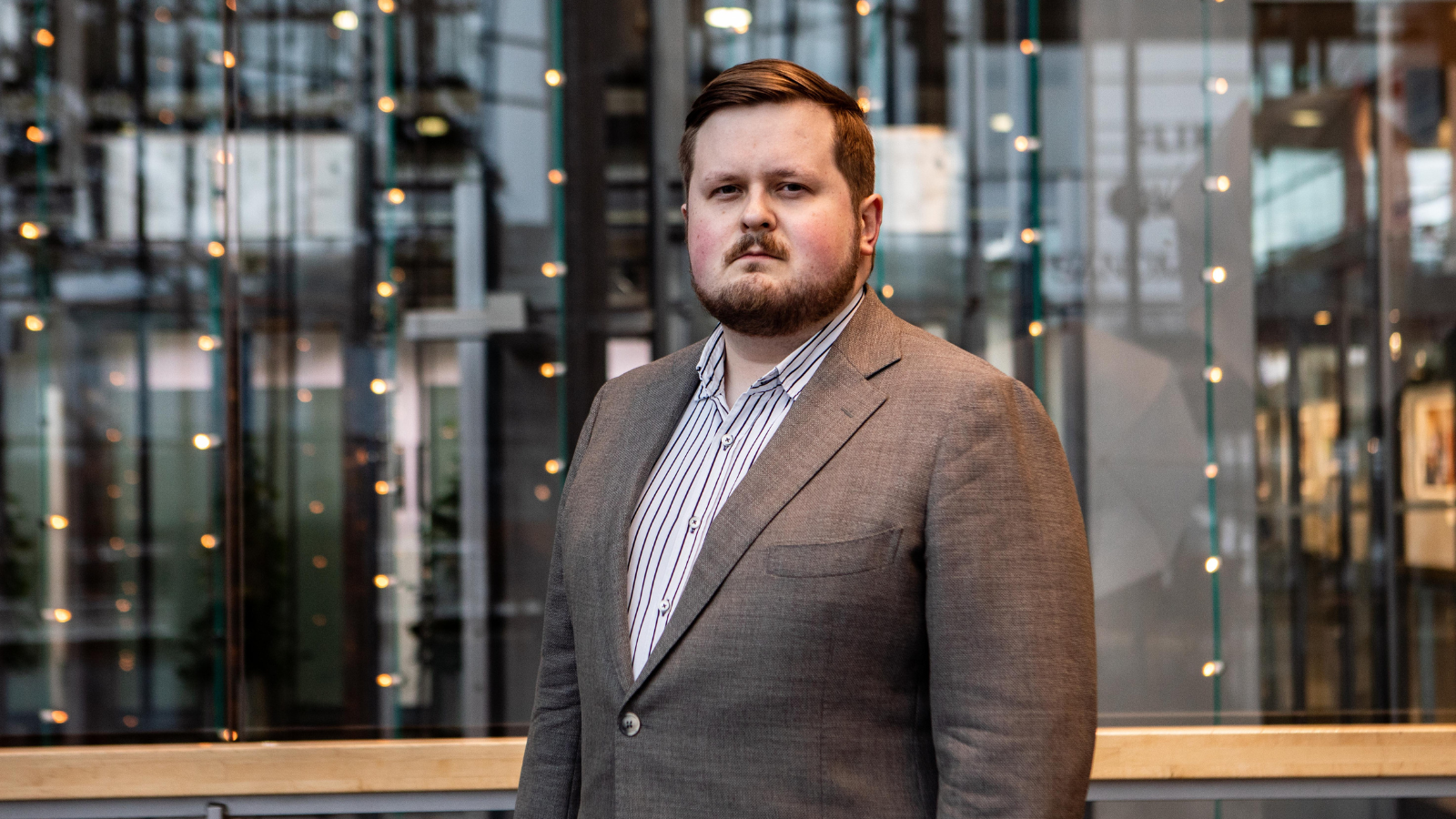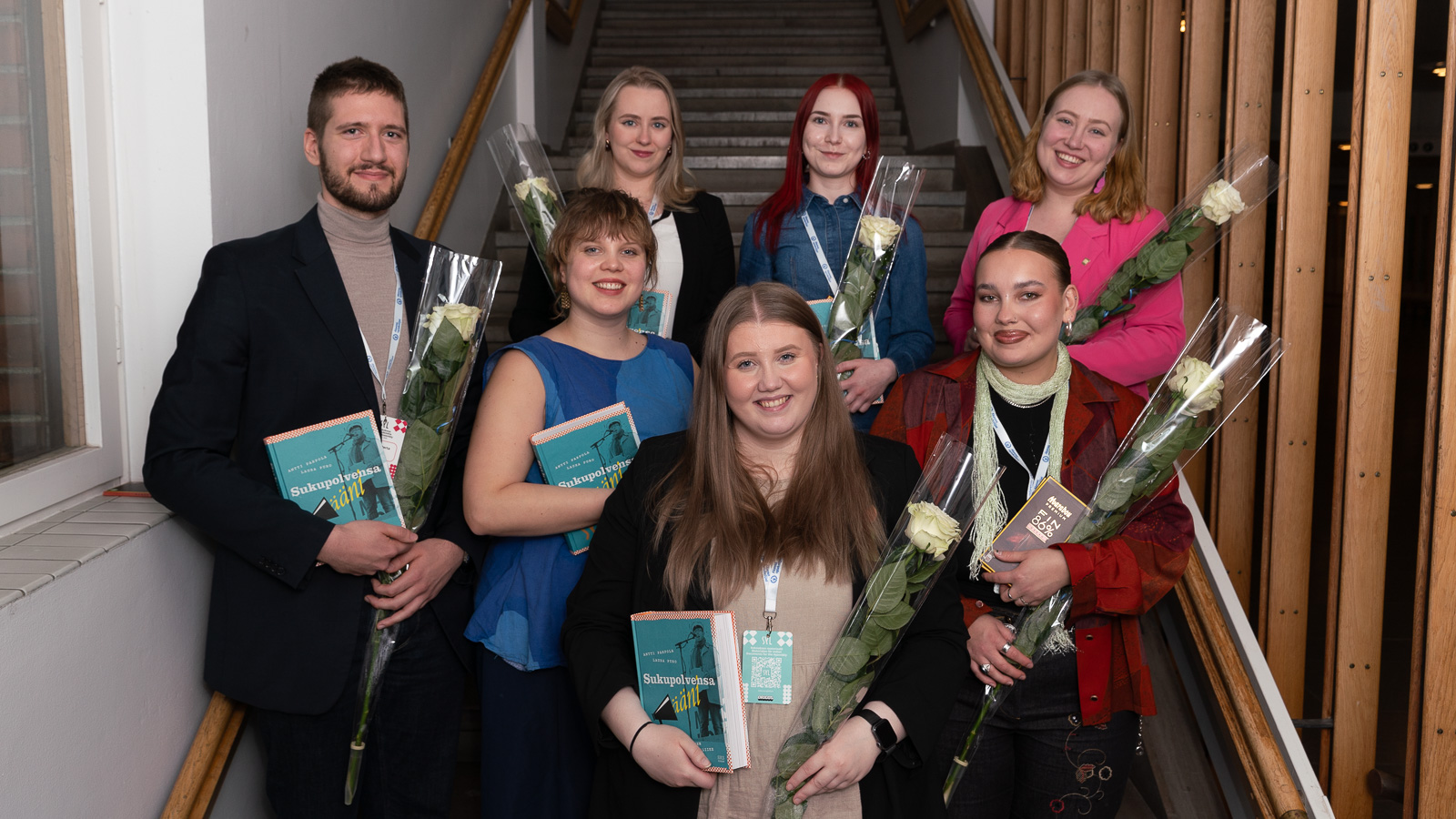Future skills are financed now!
Finland’s success is based on high-quality, accessible education. Age groups are getting smaller, and the changes taking place in working life require increasingly higher and more varied skills. A larger share of the age groups must receive higher education so that young generations are able to find work and build the society of the future.
Education must be even more equally accessible regardless of background, and society must support people to partake in lifelong learning and update their skills. This can be achieved through sufficient resources and a continuous development of the system.
The funding for higher education institutions must be tied to the index again so
that the quality of education stops declining. New resources should be allocated
to developing education, as well as carrying out the growing task of continuous
learning.
Access to education must be improved through an ambitious long-term program
which encompasses the entire education path.
Education must be opened up by creating a national platform where students can
access the modules offered at all higher education institutions.
Climate change is a generational issue
Climate change is the most important generation policy issue of our time. The suffering, uncertainty and costs that it causes will affect young and future generations disproportionately. Finland must be at the forefront of the fight against climate change, enforce effective and ambitious climate and environmental policy, listen to experts and invest in research and innovation combatting climate change. In the coming government
term, we need concrete measures to minimise the consequences of climate change.
Finland must be carbon neutral by 2030.
Within the European Union, Finland must promote a progressive climate policy.
We must launch a spearhead project in climate research which will allow higher
education institutions to apply for research funding.
Society’s tax and subsidy systems must be changed quickly so that they strongly
steer to reduce emissions and take care of the environment.
Climate and environmental education should be included in the curriculum at all
levels of education.
A sufficient income is the foundation for well-being
Students are increasingly concerned about their finances. In the worst cases, this leads to a reduced ability to study and mental health challenges. The changes that have been made during the past few parliamentary terms have reduced students’ social security to a level where their income is not sufficient to cover necessary living costs without taking on
debt. When the study grant is too low, it does not allow students to focus on their studies, but instead forces them to go to work and increases their stress about their everyday lives.
As the population structure changes, the younger generations will carry an increasingly larger part of the costs caused by the deteriorating dependency ratio. Finland simply cannot afford not to look after the well-being of students and their ability to cope. We must change direction in order for higher education institutions to continue to produce
professionals who are motivated and able to work.
Objectives:
Increase the study grant by 100 euros.
The basic security reform should also meet the needs of the young generations.
Students must be included in the reform, and both studies and lifelong learning
should be seen as a natural part of everyone’s life cycle.
More information:
Sanni Lehtinen
President of SYL
tel. +358 44 906 5007
sanni.lehtinen@syl.fi
Iiris Hynönen
President of SAMOK
tel. +358 50 389 1000
iiris.hynonen@samok.fi




